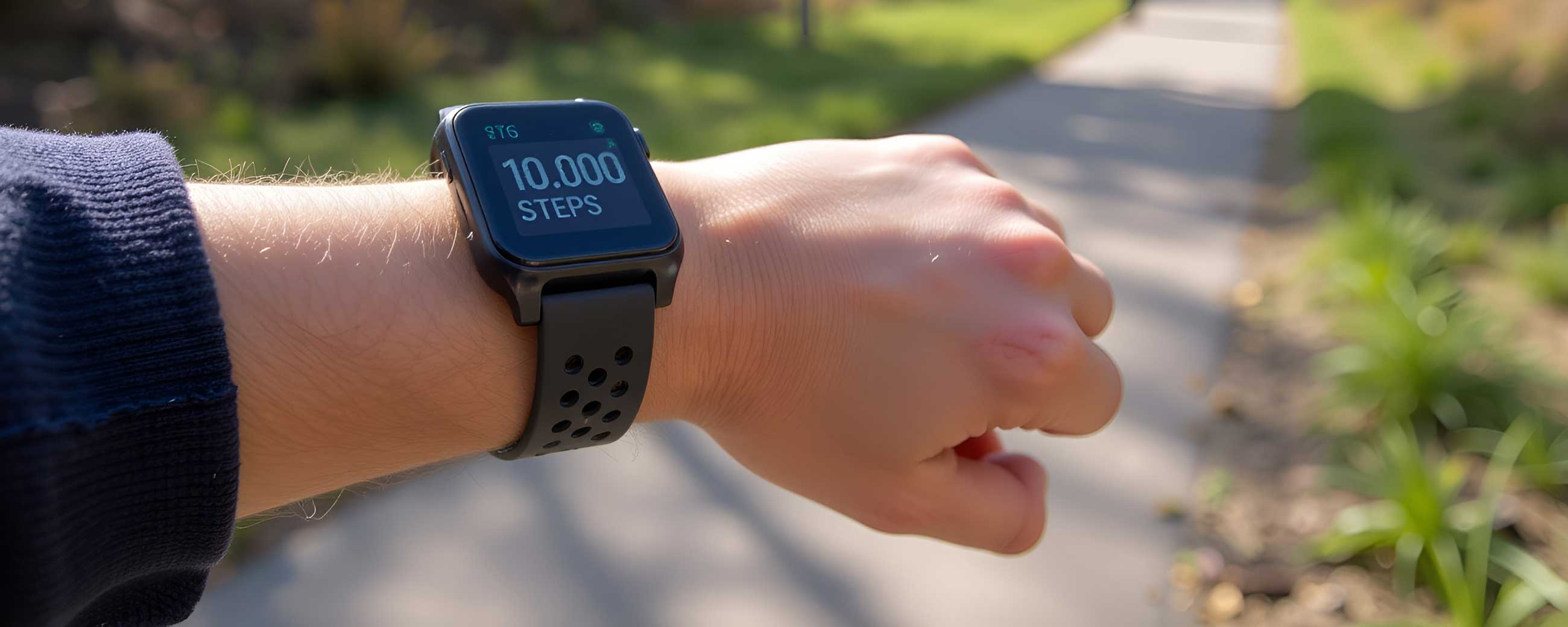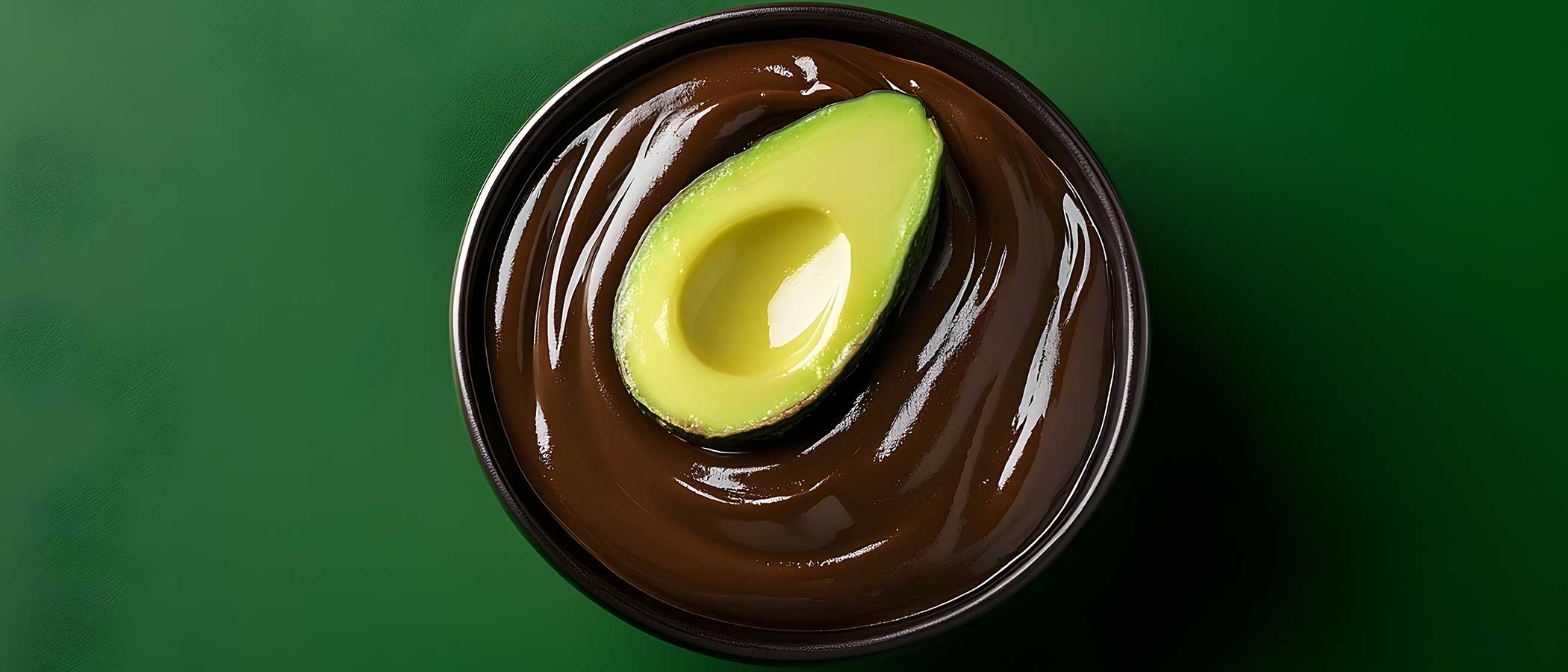
Can Keto Help Bipolar Disorder? An Interview with Dyane Harwood
Well-formulated ketogenic diets can help you lose weight, reverse a diabetes diagnosis, and give you new energy. Just ask the patients at Virta. But can a keto diet save you from a family curse?
Writer, mother, and mental health advocate Dyane Harwood knows the answer to be yes. In 2017, after being diagnosed with postpartum bipolar disorder, Dyane switched to a vegan ketogenic diet to help manage her depression. She has since written a memoir about the way this diet significantly improved her mental clarity and emotional stability, while also dedicating herself to advocating and educating the public about the still-nascent field of metabolic psychiatry.
In this candid Q&A, Harwood shares how her father’s mental health struggles foreshadowed her own, how her unexpected diagnosis after childbirth led her to explore innovative treatments., and the challenges and misconceptions surrounding vegan keto, especially within the context of serious mental illness.
In a short paragraph, can you tell me a little bit about yourself?
My name is Dyane Harwood, and I'm 54. I was born in Los Angeles, the daughter of a Los Angeles Philharmonic violinist father and speech therapist mother. I grew up reading books at every opportunity, and I loved hiking in the beautiful Santa Monica Mountains. I attended the University of California at Santa Cruz where I majored in English Literature. After trying out different jobs special event production, certified personal trainer, nonprofit office manager), I became a freelance writer. My memoir Birth of a New Brain—Healing from Postpartum Bipolar Disorder was published in 2017. I'm a member of the Hub for Metabolic Psychiatry's Lived Experience Advisory Panel. I co-host the Our Healing Journey with Metabolic Psychiatry podcast. I've been married to my husband Craig for twenty-three years, and we have two daughters and a Scottish Collie.
My father reassured me that even if I "got" bipolar, he thought there would be a cure in his lifetime.
Tell us a little bit about your history with bipolar disorder and anxiety
My father was diagnosed with bipolar disorder when he was 18, and he had debilitating anxiety, too. We were very close, and I hated bipolar disorder and anxiety for almost destroying him and our family. I had been an anxious teenager, but I never thought I would one day suffer from bipolar disorder. My father reassured me that even if I "got" bipolar, he thought there would be a cure in his lifetime. Fast forward to age 37, when I had my second baby. I couldn't sleep. I appeared happy and no one suspected I had bipolar disorder, but I was hypomanic and I felt scared. When my hypomania became acute mania (which included the alarming symptom of hypergraphia: compulsive, excessive writing), Craig and I knew I needed medical help. I admitted myself to the local behavioral health unit for treatment. I was diagnosed with postpartum bipolar, classified as bipolar, peripartum onset in the Diagnostic and Statistical Manual of Mental Disorders Fifth Edition/DSM-5.

How did you end up discovering a link between your diet and the depression/anxiety you're feeling?
A couple years ago, I started experiencing perimenopause symptoms, and I developed a large belly. My clothes didn’t fit, I looked pregnant, and I felt demoralized. I visited a friend who mentioned she was doing a ketogenic diet for weight loss. After seeing her positive results, I wanted to try the ketogenic diet, but I was a vegan and thought it was exclusively for meat eaters. I did a Google search and discovered vegan keto existed. My jaw dropped when I read I could reap benefits from a ketogenic metabolic therapeutic diet (not a regular ketogenic diet) to help my bipolar disorder--I was all in!
My jaw dropped when I read I could reap benefits from a ketogenic metabolic therapeutic diet... to help my bipolar disorder--I was all in!
Describe for us the mental health difference you felt when you switched to a ketogenic diet. How is your mental health now?
Ever since I switched to a well-formulated ketogenic diet, I've been able to think more clearly and creatively than I had in many years. I chose to remain taking my two bipolar medications, albeit at lower doses. I was deeply grateful to feel empowered once I began feeling the mental benefits from this diet. I could finally do things I had been procrastinating, such as finding an affordable counselor and exercising regularly again. I eventually went outside my comfort zone to be a metabolic psychiatry podcast co-host and public speaker. Life remains stressful, but I still feel far better mentally ever since I started a vegan ketogenic diet.
What are some of the challenges that arise from following a ketogenic diet as a vegan, and how do you get around them?
I'm extremely fortunate my family and friends respect my choice to follow this lifestyle. I don't look at the vegan keto diet as restrictive—I love what I eat, and while I may not have the same variety of foods to choose from that non-vegans do, I don't feel deprived. One of my challenges is coming across rampant misinformation about veganism as well as hostility towards vegans. Moreover, not many people I know are using a vegan or vegetarian ketogenic diet for serious mental illness, and that can feel isolating. Thankfully, there are brilliant ketogenic visionaries such as Dr. Stephen Phinney, Dr. Shebani Sethi, and Dr. Dominic D'Agostino who all assert that healthy vegan and vegetarian ketogenic diets are doable. They've inspired me to no end, and happily there are other bright lights in the ketoverse following in their footsteps.
Many people still don't know a healthy effective ketogenic diet for mental health is absolutely possible using a vegan or vegetarian approach.
You're now a well-known advocate for metabolic psychiatry. Can you tell us a little about what you hope people will take away from your story?
Many people still don't know a healthy effective ketogenic diet for mental health is absolutely possible using a vegan or vegetarian approach. Metabolic Psychiatry proponents want to be inclusive of a variety of dietary choices. I know there will be more resources and support for vegans and vegetarians (as well as reputable research) in the years to come. The Metabolic Mind website is my #1 go-to resource for using a ketogenic diet for mental health. It's fantastic, and it even has a section on vegan and vegetarian ketogenic diets. If you want to learn more, I'd definitely check it out.

This publication is intended for informational purposes only and is not meant to be a substitute for professional medical advice, diagnosis, or treatment. Always seek the advice of your physician or other qualified health provider with any questions you may have regarding a medical condition or any advice relating to your health. View full disclaimer









